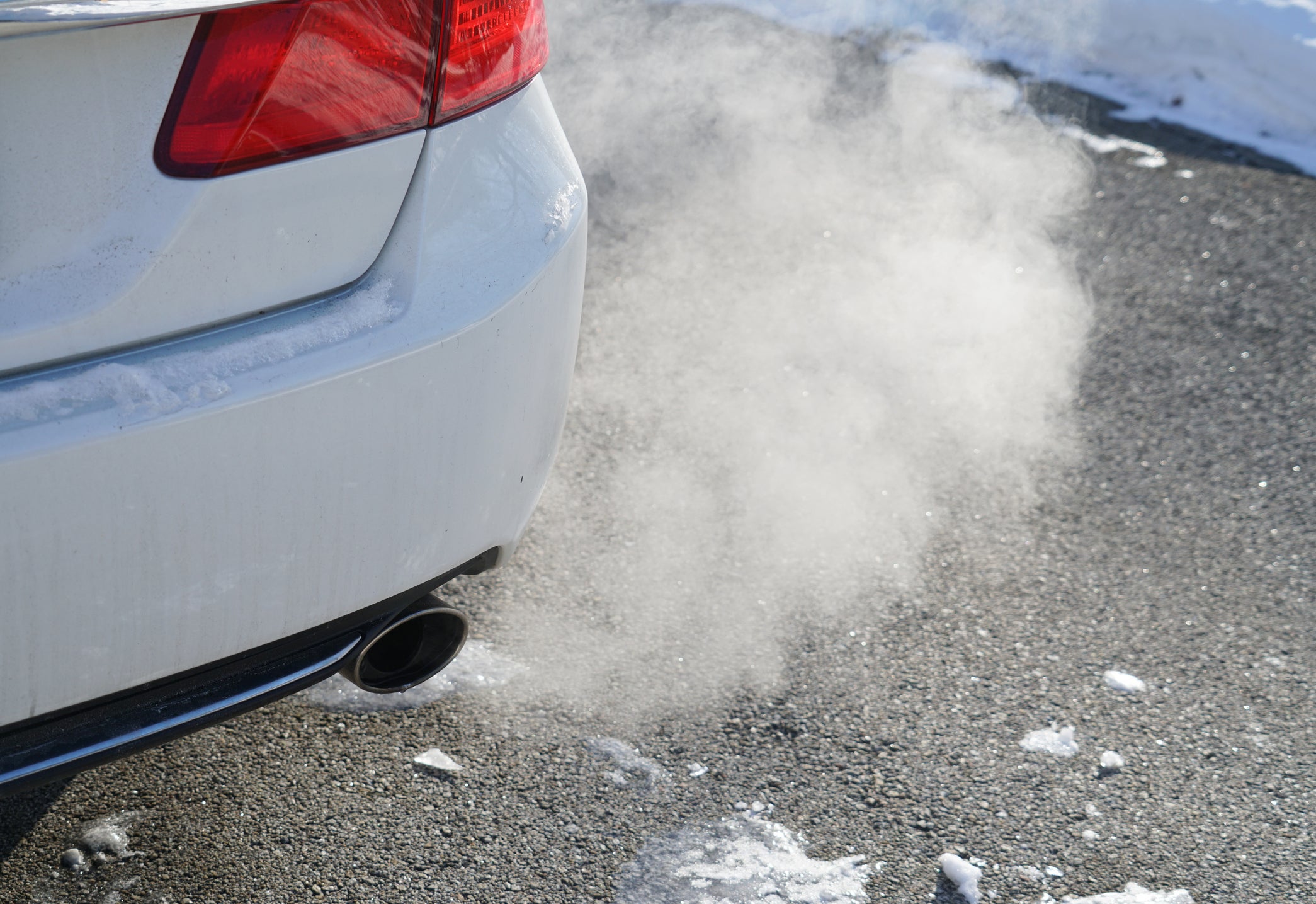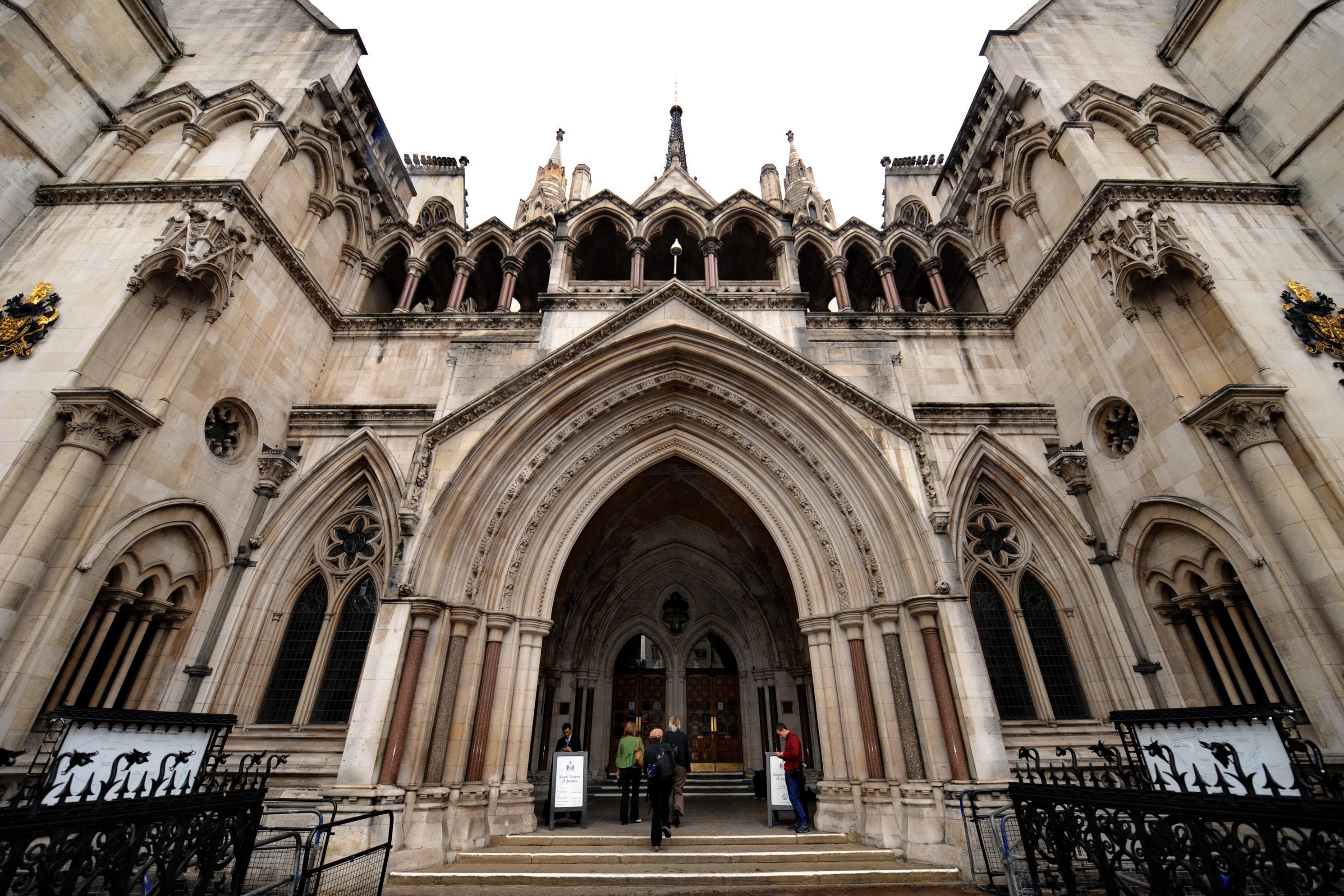
Car manufacturers made a choice that they would “rather cheat than comply with the law” over vehicle emissions, the High Court has heard.
It comes as around 1.6 million motorists are taking legal action against more than a dozen manufacturers over claims that several diesel vehicles made from 2009 onwards contained “prohibited defeat devices” (PDDs).
It is the biggest legal action of its kind in English history.
Barristers for the motorists claim that the devices installed in the cars allowed the vehicles to detect when they were being tested and alter the amount of harmful emissions produced so that they fell within emissions regulations.
This allowed the vehicles to pass emissions tests when actual outputs were much higher, which a trial in London has been told meant the cars breached regulations, and therefore meant there was a breach of contract.
The case follows a High Court ruling in 2020 that Volkswagen installed unlawful “defeat devices” in thousands of its diesel vehicles, in a case that became known as “Dieselgate”.
The vehicles in the current claims were made by Mercedes-Benz, Opel and Vauxhall, Nissan and Renault, Volkswagen and Porsche, Peugeot and Citroen, Jaguar Land Rover, Ford, BMW, FCA and Suzuki, Volvo, Hyundai-Kia, Toyota and Mazda.
The cases against 20 “sample vehicles” made by five manufacturers – Mercedes-Benz, Renault, Nissan, Ford, and Peugeot and Citroen – are now being heard at a three-month trial which began on Monday.
The manufacturers are resisting the claims and deny that PDDs were installed in their cars, with lawyers for Nissan describing the case as “fundamentally misconceived” and barristers for Renault saying the claimants were “PDD hunting”.

Opening the trial, Thomas De La Mare KC, for the claimants, said: “What is really in play is an industry approach to calibration and technology selection over a considerable period of time.”
He said that “each player in the industry basically took a conscious decision that customer convenience, which helped the industry sell more cars, was more important” than preventing pollution.
He said: “They have basically said the concern about making these cars sellable by removing these inconveniences is so strong, it is so valuable, it is such an important decision or fact in any consumer’s decision as to whether or not to buy the car, that we would rather cheat than comply with the law.”
He continued: “The law supports our case at every turn, and it is because the defendants have not followed the law.”
In written submissions, the barrister also said the manufacturers had put forward “numerous improbable, even fanciful legal arguments” over whether PDDs existed in the sample vehicles.
Those now taking legal action either bought, leased or otherwise acquired a diesel vehicle made by one of the companies, with most living in England and Wales.
The other manufacturers involved in the claims will be bound by the ruling that follows the trial.
In July last year, barrister Benjamin Williams KC told a hearing that the proceedings could be worth at least £6 billion.
The case centres around harmful nitrogen oxides (NOx) emissions, which are controlled by an emissions control system.

In his written submissions, Mr De La Mare said that a May 2025 report from the Centre for Research on Energy and Clean Air found that excess NOx emissions had caused 124,000 premature deaths and 98,000 new cases of asthma in children in the UK and Europe between 2009 and 2024.
But Alexander Antelme KC, for Renault, said in written submissions for trial that the legal action was based on the “false assumption that the features of the ‘VW Dieselgate’ applied across the entire automotive industry”.
He said: “The Renault core sample vehicles do not contain defeat devices or prohibited defeat devices, whether by accident or, as the claimants allege, deliberately to ‘cheat’ the emissions regulations.
“The latter allegation is without merit and untenable.”
He continued: “The claimants’ case is riddled with errors and misunderstandings, especially about the design and operation of the vehicles’ emission control systems.”
He added: “The features to which the claimants wrongly object are, in fact, appropriate and necessary elements of a well-designed diesel engine.”
Neil Moody KC, for Ford, said in written submissions that the case was “scientifically illiterate” and “flawed on the facts and the law”.
He said: “Their case is not only that these vehicles were designed and marketed in breach of the emissions regulation; their case appears to be that these vehicles all contain PDDs as a result of deceit and fraud by all manufacturers.
“The inference seems to be of some sort of industry-wide conspiracy. The proposition need only be stated for it to be seen to be implausible.”
The main trial before Lady Justice Cockerill is due to conclude in December, but legal arguments will not be heard until March 2026.
A ruling is then expected next summer, with a further trial to determine any compensation scheduled for autumn next year.
Major carmakers go on trial over ‘dieselgate’ emissions cheat claims
PPE Medpro partners open to settle £122m Covid contract breach
‘Burglary to order’ allegation thrown out of Prince Harry’s battle with Daily Mail
Faster MRI scans could help end dementia diagnosis ‘postcode lottery’







